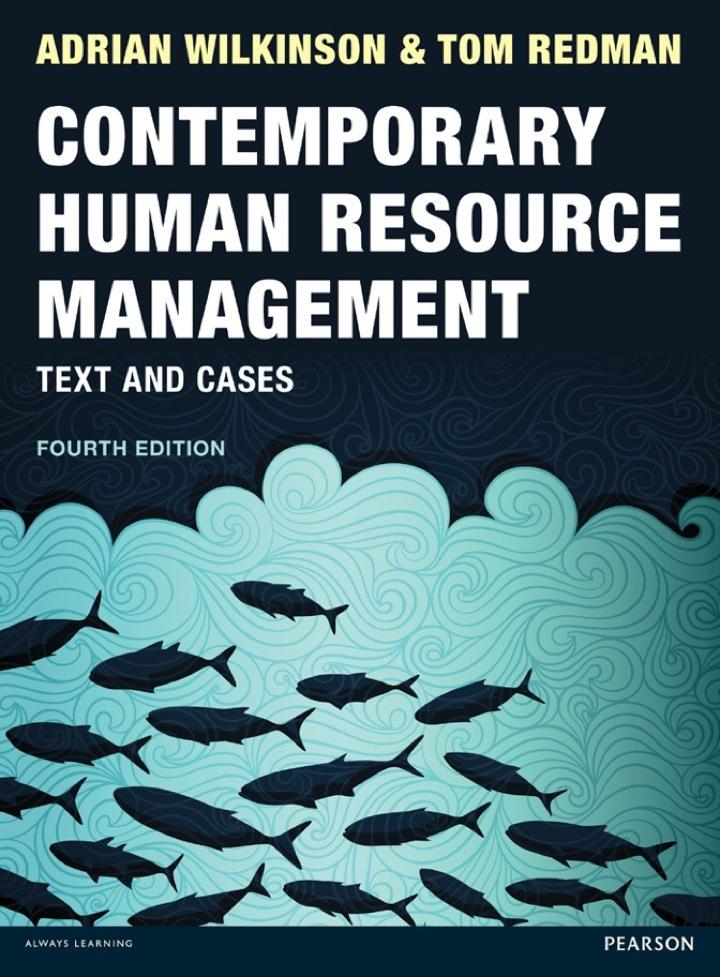Ireland is one of the most globalized countries in the world, owing to the significance of foreign
Question:
Ireland is one of the most globalized countries in the world, owing to the significance of foreign owned MNCs which have established subsidiaries there. The scale of foreign direct investment (FDI) there is driven by a consistent public policy agenda, pursued by successive governments, of providing incentives to attract MNCs to invest in Ireland. This policy has proved very successful and recent research confirms that there are some 4701 foreign-owned MNCs in Ireland (McDonnell et al., 2007)
employing over 140,000 people. US-owned multinationals are particularly significant players there, with 226 US owned subsidiaries. These include large high-profile firms such as IBM, Microsoft, Dell, Google, Pfizer, Wyeth and the like. These firms are estimated to employ over 7 per cent of the private sector non-agricultural labour force and also contribute significantly through indirect employment through suppliers and the like and make a very substantial contribution to taxation revenues in Ireland.
Given the disproportionate significance of FDI and American FDI in particular in Ireland, combined with the expectation that HRM policies and practices are likely to converge on the US model, Ireland represents a very interesting context to study the convergence of HRM through looking at subsidiary practice in subsidiary operations.
Further, if we do expect to witness convergence of HRM practice, Ireland would represent an interesting test case. The expected convergence would be even more likely to emerge in US MNCs owing to the fact that they tend to be quite ethnocentric in managing the foreign operations and display a preference for centrally developed, standardized policies in their foreign operations.
There is a broad consensus that MNCs have been an important source of innovation in management practices in Ireland, particularly in the application of new HRM/IR approaches and in expanding the role of the specialist HR function. For example, MNCs have been associated with innovation in areas such as the diffusion of so-called
‘high-commitment’ work systems and performance related pay innovations which appear to have transferred to a degree at least indigenous firms. Further, US MNCs have been particularly strong in their resistance to recognizing trade unions, a trend which stands in contrast to Irish traditions, which were generally supportive of trade union’s role in the workplace. Recent research reveals that over time, as the country’s reliance on the FDI sector has increased, MNCs have found it easier to establish and operate subsidiaries on a non-union basis.
However, we do still see evidence of divergence between US MNCs and indigenous firms suggesting that divergence remains important in the Irish context.
For example based on Gunnigle et al.’s (2002) study, we see that US subsidiaries in Ireland put substantially more emphasis on performance appraisal and reward than did Irish organizations. Significantly, US MNCs displayed a degree of adoption of HR practice to account to local standards. This study also unearthed differences between US firms and subsidiaries of other nationalities, providing further evidence of sustained divergence. More recently, Collings et al. (2008) argued for elements of an essentially hybrid system with regard to industrial relations in US MNCs, reflecting some particularly ‘American’ practices in these firms again suggesting divergence with indigenous firms.
Thus despite the relative power of US MNCs in the Irish context and the reliance of the Irish economy on the FDI sector, there is little evidence of complete convergence between US MNCs, other foreign MNCs and indigenous firms in the Irish context.
Question
1 Consider the reasons why differences remain between foreign MNCs and indigenous firms in the Irish context.
2 What challenges may a heavy reliance on FDI have on a host government in terms of balancing the needs of powerful firms and employees in the host economy?
Step by Step Answer:

Contemporary Human Resource Management Text And Cases
ISBN: 9780273757825
4th Edition
Authors: Tom Redman, Adrian Wilkinson





